Kelp Granules
Seaweed does not require the rigid plant structure characteristic of land plant, their organic composition is quite different.

Certified Organic 100% Natural Product
Seaweed does not require the rigid plant structure characteristic of land plant, their organic composition is quite different. Instead of cellulose as the main organic constituent, seaweeds are mainly composed of alginic and simple sugars such as mannitol. These compounds break down much more readily than cellulose. Kelp is an excellent source of organic matter due to its rate of decomposition.
Soil organic matter and associated soil algae, bacteria and fungi play an important role in soil fertility and plant nutrient uptake. The application of kelp acts as a soil conditioner by stimulating microbial activity. The carbohydrates and acids released during decomposition of the kelp results in the aggregation of soil particles and the chelating of nutrients which might otherwise be leached form the soil. This increased soil fertility benefits soil organisms, which in turn act as soil conditioners and a renewable source of nitrogen. Good soil structure improves aeration, available moisture and makes the soil more workable. The repeated use of kelp helps maintain soil fertility and structure that would otherwise be depleted through the utilisation of nutrients and plants.
Available in: 4kg Buckets, 25kg Bags, 1 Tonne Bags
Application Rates for Kelp Granules
Pasture 75-100 kg/ha
Cropping 200-250 kg/ha
Lawn Evenly spread 3-5 kg per 100 sq metres in early spring
For smaller lawns use 1 cup per 5 square metre
Garden/Vegetables 1 cup (5-10gms) per square metre
Apply to top of ground or under mulch
Fruit Trees Small trees – 2 cups (0.25kg) per tree
Mature trees – 4 cups (0.5kg) per tree
Do not apply directly on tree trunk
KELP GRANULES- SOIL CONDITIONER
Dehydrated Kelp Granules (4-6mm)
When used on soils kelp is an excellent source of chelated minerals necessary for proper plant growth. Kelp acts as a slow release fertiliser, slowly breaking down and releasing its nutrients. Mannitol and alginic acid, major components of kelp, act as chelating agents helping in the formation of humus. The immediate benefits obtained from kelp can be attributed to the release of auxins, cytokinin’s and gibberellins. These plant growth hormones, required in small quantities, are essential for cell division and cell elongation, basic functions of plant growth. Enhanced seed germination, early emergence, stimulated root and shoot growth, increased fruit set and decreased fruit drop are some of the benefits derived from increased levels of plant hormones.
Kelp Will Help
Intensive farming practices today often result in problems with soil structure and trace element deficiencies. The productivity of farm land and nutritional value of pasture and crops are reduced. In many cases lush and otherwise nutritious pasture containing adequate NPK may fail to supply the needs of livestock because certain trace elements are missing. Plants and animals have finely balanced needs for trace elements; too little produces deficiency symptoms, too much may be to toxic. These problems can be avoided by using kelp as the source either as granulated kelp on soil or kelp meal as a feed supplement because kelp provides trace elements in a naturally balanced form.
Storm cast Bull kelp (Durvillea Potatorum) is collected fresh on Tasmania’s unpolluted west coast. Dried Processed and sold by Marrawah Kelp Pty Ltd a locally owned company. The company sells dehydrated granulated Kelp (size 4-6mm) for use on soils and Kelp Blend (size 2-4mm) – as a natural feed additive.
Bull kelp contains all macro and micro-nutrients place trace elements and growth hormones all in a natural form. Kelp use on soil enhances germination of seed, increases the uptake of nutrients, improves frost resistance, inhibits insect and soil nematodes attack. Kelp improves soil structure and increases soil water holding capacity.


